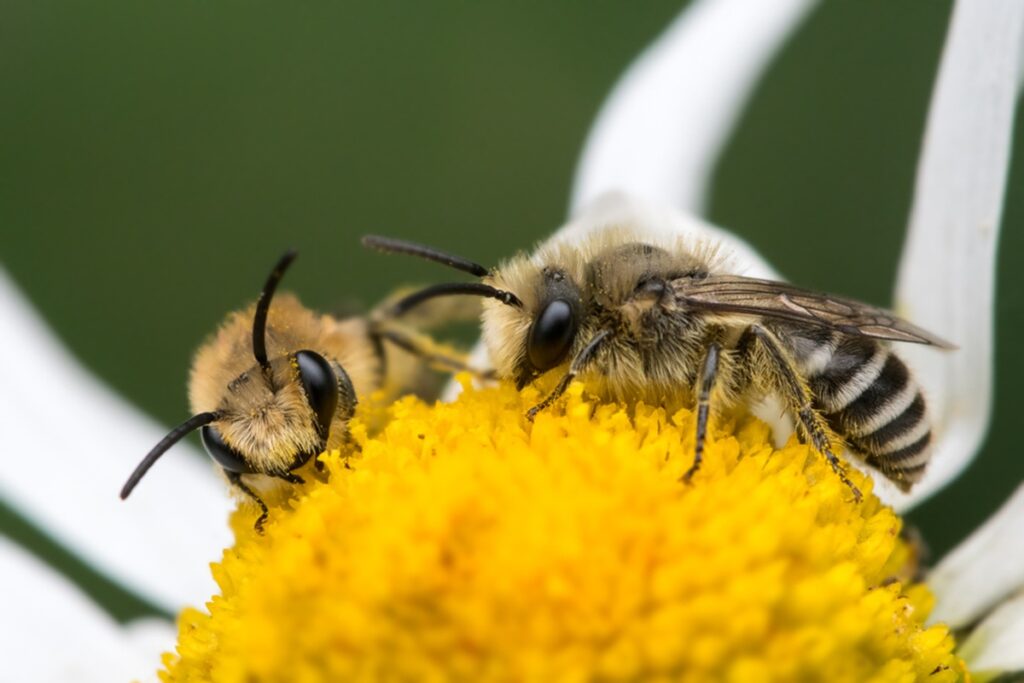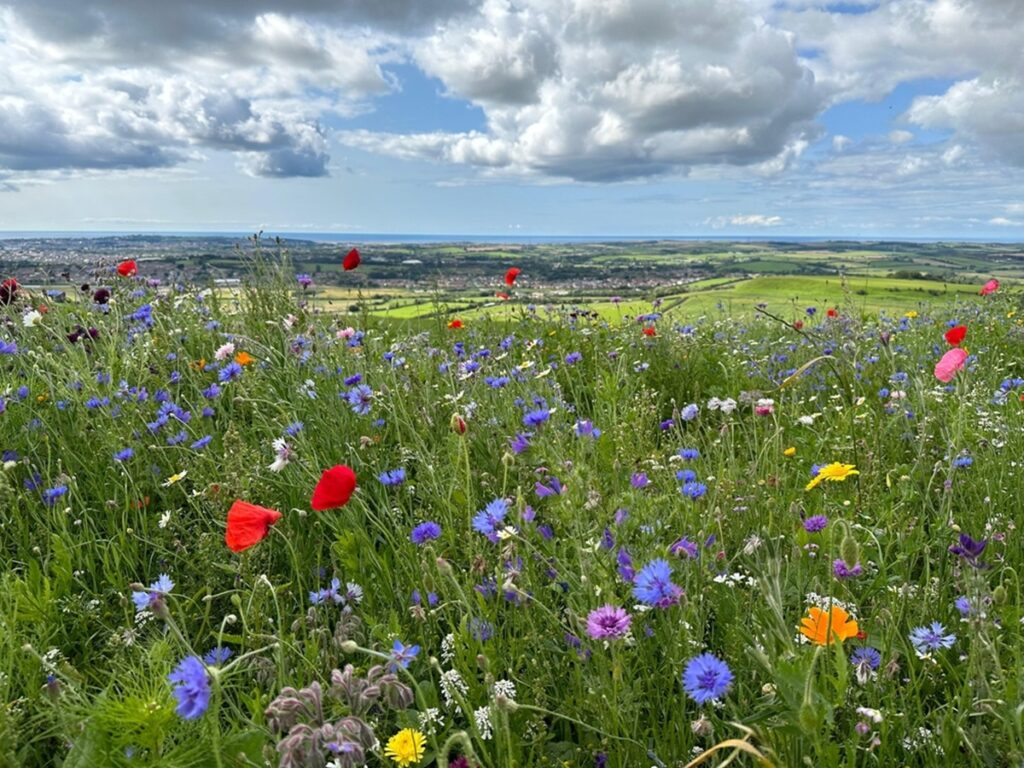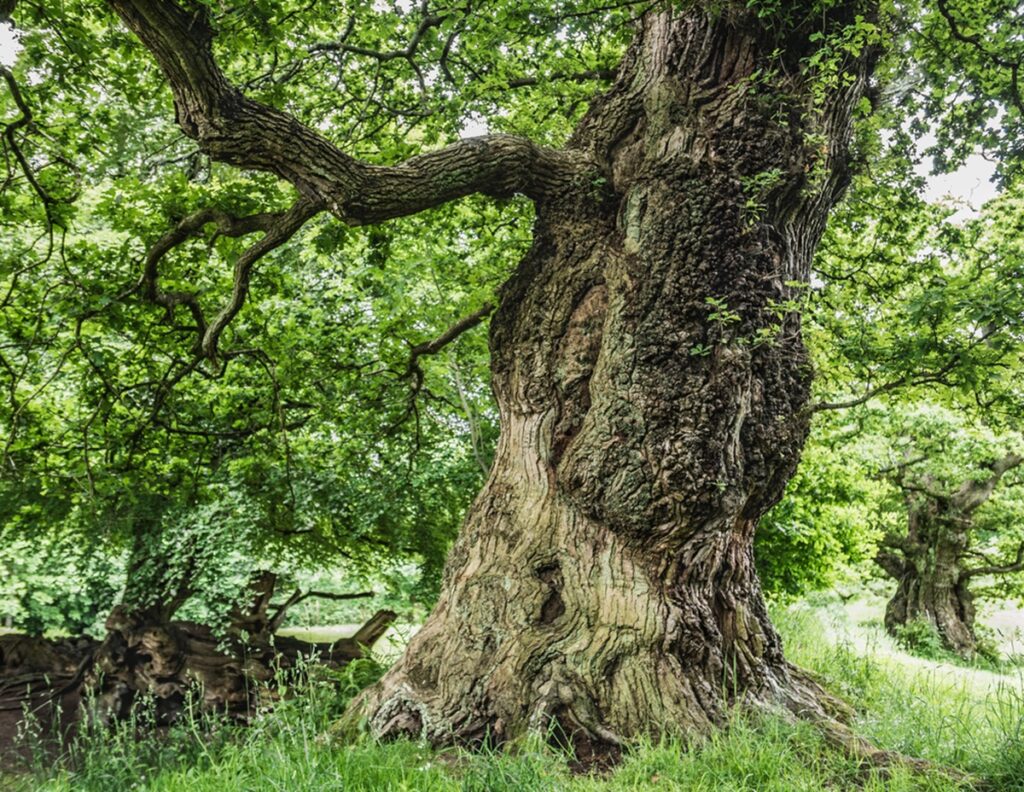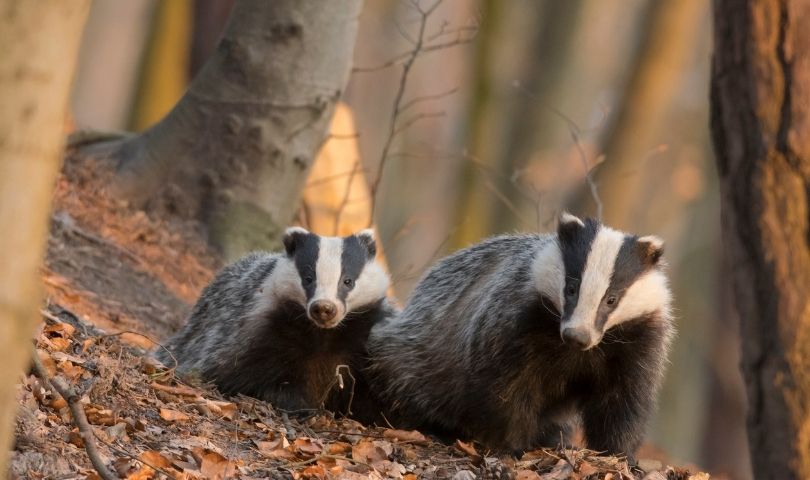BNG Surveys: Pre-Development Planning in Sheffield
The introduction of biodiversity net gain (BNG) into UK law through the Environment Act, which received royal assent in 2021, has significantly changed how development projects in Sheffield are planned and delivered. The key principle is to ensure that biodiversity is in a measurably better state after development than it was beforehand.
For most planning applications in Sheffield, Yorkshire, biodiversity net gain is now a mandatory requirement alongside other planning policies. This means developers must work with qualified ecological consultants to calculate the biodiversity value of a site before and after development. If there is a shortfall, measures must be put in place to achieve at least a 10% net gain in biodiversity.
This can be achieved through on-site habitat enhancements, off-site biodiversity units, or a combination of both, but all measures must be clearly documented and approved by Sheffield City Council before planning permission is granted.
Following a two year transition period, since April 2024, meeting BNG requirements has been a legal obligation. Alongside the Environment Act, BNG is embedded within the National Planning Policy Framework (NPPF), supported by Natural England guidance, Local Nature Recovery Strategies, and regional ecological priorities.
Developers in Sheffield who are focused on obtaining planning permission should integrate BNG considerations from the earliest stages of design to avoid costly delays or redesigns later in the process. Protecting key elements of the environment, including ancient woodlands and priority habitats, is central to Sheffield’s BNG policy.

Ecological Features in Sheffield
Sheffield is known as England’s greenest city, with a remarkable mix of urban areas, green spaces, and local wildlife sites. From the River Don and Porter Brook corridors to the nearby Peak District National Park, the city supports a diverse range of habitats and species. Ancient woodlands, upland heaths, species-rich grasslands, and riparian habitats are home to protected species such as bats, badgers, otters, great crested newts, and several priority bird species.
The city benefits from active conservation initiatives led by Sheffield City Council, the Sheffield and Rotherham Wildlife Trust, Sheffield Bird Study Group, South Yorkshire Bat Group, South Yorkshire Badger Group, local community groups and other interested parties working to restore habitats and strengthen ecological connectivity.
This means that BNG proposals in Sheffield are closely reviewed by the local authority to ensure they deliver measurable, lasting ecological improvements and align with the city’s Local Nature Recovery Strategy.

Preparing a BNG Assessment in Sheffield
Before submitting a planning application, the first step is to commission a biodiversity net gain assessment from a qualified ecologist. This begins with a baseline biodiversity survey of the development site, which records existing habitats, evaluates their condition, and calculates the site’s ecological value using the government’s Biodiversity Metric.
Depending on the site’s characteristics, additional protected species surveys may be required, such as bat surveys or great crested newt surveys. Once the baseline data is established, the ecologist will forecast the biodiversity value post-development, taking into account proposed landscaping, habitat creation, and land management plans.
If the projected biodiversity value falls short of the 10% net gain target, the ecologist will recommend measures to bridge the gap, creating biodiversity gains and enabling a planning application to proceed with confidence.

On-Site and Off-Site Biodiversity Net Gain Sheffield
In many cases, BNG in Sheffield is achieved through on-site measures such as creating wildflower meadows, planting native trees, restoring wetlands, or integrating green infrastructure like living roofs and wildlife-friendly SuDS (sustainable drainage systems).
Where on-site delivery of the full net gain is not possible, developers can purchase off-site biodiversity units from registered habitat banks. These units represent measurable habitat improvements in other locations, ideally within Sheffield or the wider South Yorkshire area to maintain local ecological benefits.
Our team can also advise on the conservation covenants required for bng units away from a development site. In cases where neither on-site nor off-site delivery is feasible, statutory biodiversity credits can be purchased as a last resort.
Protected Species Surveys in Sheffield
Many development sites in Sheffield will require supporting surveys to comply with local planning authority requirements. Protected species surveys for bats, badgers, otters, reptiles, water voles, and great crested newts often run alongside the BNG process.
Including these surveys early in the planning process ensures that the BNG report is legally compliant and aligns with the mitigation hierarchy: avoid, minimise, and then compensate for habitat and biodiversity loss. This integrated approach reduces delays and ensures smooth progression through Sheffield City Council’s planning system.

The Biodiversity Net Gain Plan
A BNG report details exactly how a project will deliver its 10% biodiversity net gain target. It includes specifications for creating new habitats, enhancing existing habitats, management schedules, and evidence that improvements will be maintained for a minimum of 30 years – the statutory requirement.
In Sheffield, BNG plans must be consistent with the city’s Local Nature Recovery Strategy and local ecological policies. The plan should clearly demonstrate how biodiversity will be protected, restored, and enhanced throughout the project lifecycle, ensuring compliance with both national legislation and local priorities.
Professional Support for BNG in Sheffield
Our ecology consultancy delivers BNG plans in Sheffield and across the UK, supporting planning projects of all sizes, from small residential builds to major infrastructure projects and commercial developments. Our clients range from landscape architects to developers, commercial organisations and individual householders.
We manage the full process, including baseline ecological surveys, Biodiversity Metric calculations, habitat creation advice, and preparation of long-term management strategies.
Where off-site delivery is required, we guide clients through sourcing biodiversity units, meeting all legal obligations surrounding mandatory bng requirements, and producing reports that satisfy the requirements of local authorities and Natural England. Our local knowledge, in-depth understanding of the natural environment in and around Sheffield and its ecological priorities, ensures that our plans are both compliant and locally relevant.
Request a Free Quote for BNG Plans in Sheffield
If your planning application in Sheffield requires a biodiversity net gain assessment, we can provide a free, tailored quote based on your site’s requirements.
From the initial site visit to delivering a fully compliant BNG survey, our local experts work to help you meet local planning authority requirements and legal obligations, enabling you to secure planning consent and deliver meaningful ecological improvements.
By integrating biodiversity net gain into your project from the start, you can avoid costly delays, protect Sheffield’s valuable local wildlife habitats, and leave the natural environment in a measurably better state. Simply contact us today on our quote form or the above telephone number to arrange your assessment and take the first step towards achieving a fully compliant BNG report in Sheffield and securing a successful planning application.